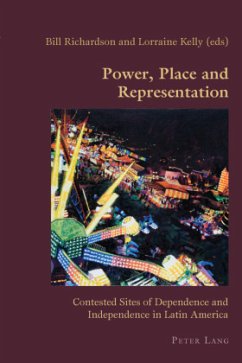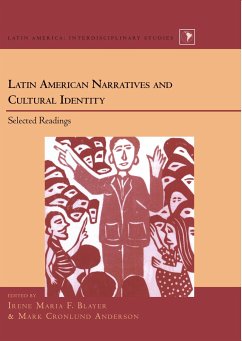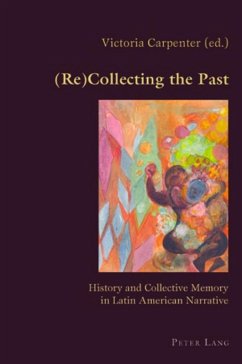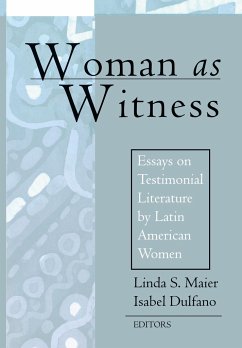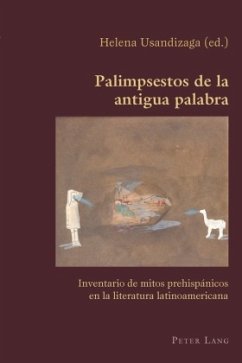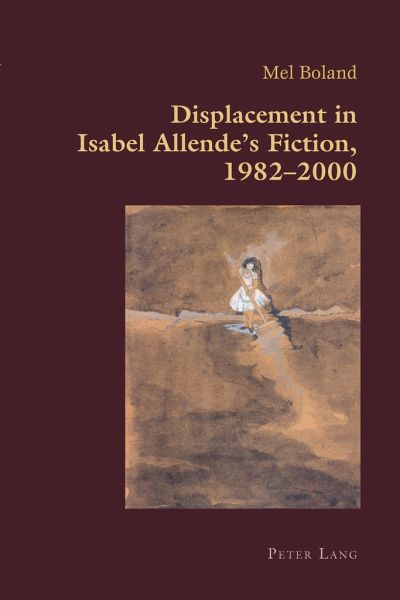
Displacement in Isabel Allende's Fiction, 1982-2000
Versandkostenfrei!
Versandfertig in 6-10 Tagen
64,80 €
inkl. MwSt.

PAYBACK Punkte
0 °P sammeln!
This book explores the concept of displacement in the fiction produced by the Chilean writer Isabel Allende between 1982 and 2000. Displacement, understood in the author's analysis to encompass social, geographical, linguistic and cultural phenomena, is argued to play a consistently central role in Allende's fictional output of this period. Close readings of Allende's texts illustrate the abiding importance of displacement and reconcile two apparently contradictory trends in her writing: as the settings of her fiction have become more international, questions of individual identity have gained...
This book explores the concept of displacement in the fiction produced by the Chilean writer Isabel Allende between 1982 and 2000. Displacement, understood in the author's analysis to encompass social, geographical, linguistic and cultural phenomena, is argued to play a consistently central role in Allende's fictional output of this period. Close readings of Allende's texts illustrate the abiding importance of displacement and reconcile two apparently contradictory trends in her writing: as the settings of her fiction have become more international, questions of individual identity have gained in importance. This discussion employs displacement as a means of engaging with critical debates both on Allende's individual texts and on her status as an original writer. After examining in detail the seven works of fiction written by Allende during this period, the book concludes with reflections on the general trajectory of her work in this genre.





